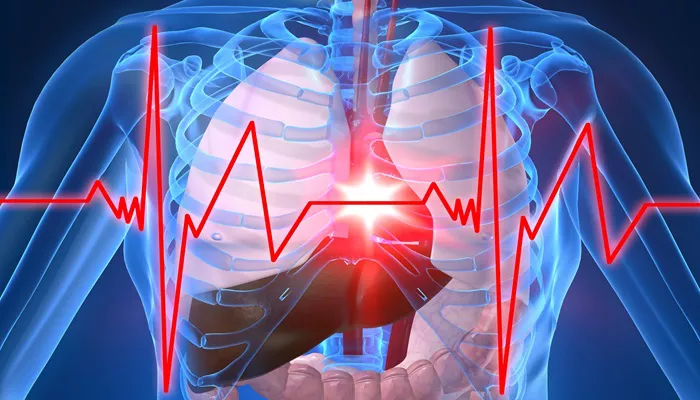A groundbreaking experimental therapy has been developed to enhance heart repair following a heart attack, addressing a critical need in cardiovascular medicine. Cardiovascular disease is the leading cause of death globally, responsible for one-third of annual fatalities.
After a heart attack, the heart’s ability to regenerate is limited, leading to scar tissue formation that impairs blood pumping and can result in heart failure. Alarmingly, half of the patients diagnosed with heart failure do not survive beyond five years.
Researchers at the Eli and Edythe Broad Center of Regenerative Medicine and Stem Cell Research at UCLA have pioneered this innovative therapy, which targets a protein called ENPP1. This protein is known to exacerbate inflammation and scar tissue development after a heart attack. Published in Cell Reports Medicine, the study represents a significant advancement in post-heart attack treatment options.
The therapy employs a monoclonal antibody designed to inhibit ENPP1 activity. In preclinical trials involving mice, a single dose of this antibody markedly improved heart repair. Treated mice exhibited less tissue damage and reduced scar formation, with only 5% developing severe heart failure four weeks post-simulation, compared to 52% in the control group.
This novel approach not only aims to prevent further damage but actively promotes healing by enhancing cellular communication among various heart cell types.
Preliminary results also indicate that this antibody therapy safely reduces scar tissue without increasing the risk of heart rupture—a common complication after heart attacks. However, researchers caution that further studies are necessary to understand any potential long-term effects of ENPP1 inhibition on bone health or calcification.
The research team is preparing to advance this therapy into clinical trials and plans to submit an Investigational New Drug (IND) application to the U.S. Food and Drug Administration this winter. The goal is to initiate human trials in early 2025, where patients will receive the antibody shortly after a heart attack to facilitate early self-repair.
Dr. Arjun Deb, senior author of the study and professor at UCLA, emphasized the broader implications of their findings: “The mechanisms of tissue repair are broadly conserved across organs. We are examining how this therapeutic might help in other instances of tissue injury.” This research could pave the way for new treatments aimed at repairing not just cardiac tissue but potentially other vital organs as well.
Related topics:


